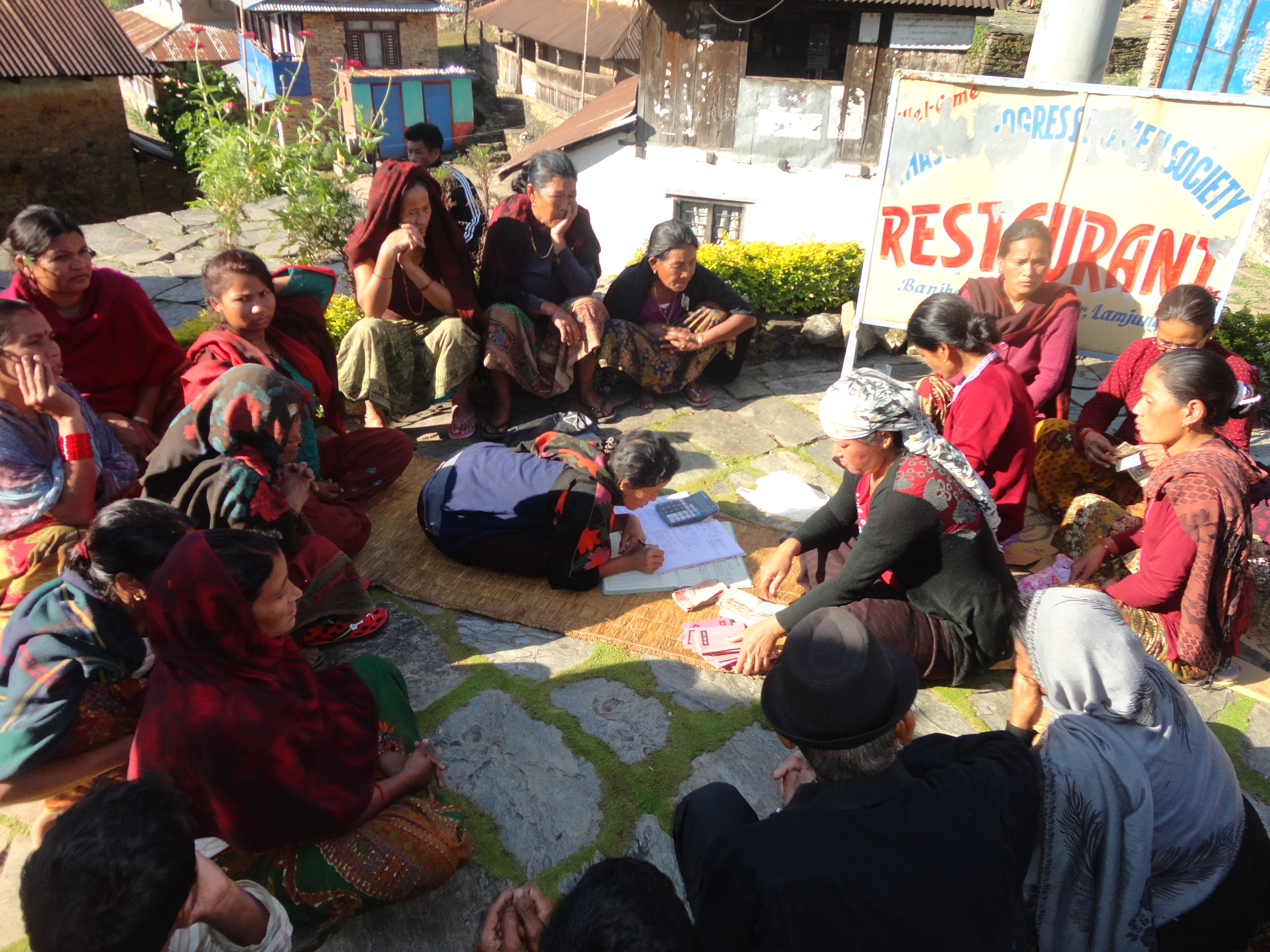Is REDD+ causing conflicts in Nepal? If so, which kind of conflicts? How does an environmental justice lens contribute to illuminate and resolve these conflicts? What can be done to transform the conflicts in ways that result in a more “just” REDD+?
In this Policy Brief, led by Hari Dhungana and Gyanu Maskey from the Southasia Institute of Advanced Studies, we try to provide succinct responses to these questions. The Brief draws from research conducted under the NWO-DFID funded project “Conflict and Cooperation over REDD+ in Mexico, Nepal and Vietnam“, which has investigated REDD+ preparedness and early implementation in these countries over a four-year period.
We argue that achieving just REDD+ in Nepal would require resolving or transforming persisting conflicts in the country’s forest governance and REDD+ implementation processes. This would in turn require action on 6 key domains:
- A reform of the forestry sector focusing on tenure issues. The government and international donors should conduct a comprehensive forestry sector policy reform that primarily focuses on forest and land tenure security, including of carbon assets, setting up clear responsibility, resources and accountability for stakeholders.
- Harmonization of land-use and forest policies. The government should initiate a process of reviewing discrepancies between existing policies, institutions and instruments including those recommended in the studies carried out as part of REDD+ readiness. These, for instance, concern benefit sharing, translating safeguards principles into operational procedures, and having common institutional structure for REDD+ and existing forestry institutions.
- Critical information and knowledge resources. For effective participation, critical information and reports should be in Nepali and/or other local languages to ensure that all stakeholders can participate effectively in discussions at different governance scales. Resources should be made available to improve people’s knowledge and ability, as well as willingness to participate.
- Develop workable monitoring systems for benefit distribution at the community level. The government should further refine and develop capacity to monitor community group benefit sharing.
- Capacity for facilitating social dialogue and conflict transformation. The government and donors should develop the capacity of government officials, NGO personnel and community leaders on social negotiations and dialogues for conflict transformation.
- Build upon existing analysis. REDD+ preparedness and implementation should consider a number of diagnostic studies that have already been published, includingstudies on feedback and grievance redressal mechanisms, benefit sharing, policy and measures and carbon ownership. These studies do not guide concrete action, but have significant value in identifying issues that need to be addressed.
The Policy Brief has been widely publicized across REDD+ actors in the country, and was recently presented at the stakeholder workshop “Conflict and Cooperation in the Management of Climate Change (CCMCC) Programme Journey in Nepal: Transforming conflict into cooperation for climate change interventions” (01/11/2007), which involved policy makers, practitioners and researchers involved in the design and implementation of climate change policies in Nepal.
Picture copyright: SIAS.
